Discover Sound Bites A Nutrition Podcast
Sound Bites A Nutrition Podcast

Sound Bites A Nutrition Podcast
Author: Melissa Joy Dobbins, MS, RD, CDE
Subscribed: 1,571Played: 17,355Subscribe
Share
© 2021 Sound Bites Inc
Description
Hosted by award-winning Registered Dietitian Nutritionist, Melissa Joy Dobbins, the Guilt-Free RD - "because food shouldn't make you feel bad!" Join Melissa’s conversations with a variety of experts on topics ranging from fad diets to farming and gain credible information to help you make your own, well-informed food decisions based on facts, not fear. For more information visit www.SoundBitesRD.com.
303 Episodes
Reverse
Full shownotes, transcript and resources here: https://soundbitesrd.com/294 Make America Healthy Again (MAHA) is a public health-oriented slogan and initiative aimed at addressing the health challenges facing Americans led by the Secretary of Health and Human Services, Robert F. Kennedy, Jr. Scientists, medical professionals and public health officials have criticized the movement, citing concerns about Robert F. Kennedy Jr.’s past remarks and views regarding vaccines and public health. Tune in to this episode to learn about: ● a nutrition and public health expert’s reflection on the first 6 months of MAHA ● funding cuts to various nutrition programs, research and landmark trials such as the Diabetes Prevention Program ● the administration’s focus on food dyes, seed oils and the FoodPyramid ● how health professional societies are responding so far ● opportunities for meaningful changes in public health nutrition ● what the new DGAs might look like ● resources for more information
Full shownotes, transcript and resources here: https://soundbitesrd.com/293 Food ethnographer Lucy Woods has spent the last several years diving deep into the evolving landscape of protein consumption. Lucy’s expertise lies in uncovering the “why” behind the ways people eat, with a specific focus on protein – from red meat and poultry to plant-based options and protein-packed snacks. Her recent research revealed that 61% of Americans increased their protein intake in 2024, compared to just 48% in 2019. She’s been on the ground, listening to consumers share their motivations, from wellness and fitness goals to convenience and indulgence. Tune in to this episode to learn about: ● new ethnographic research on protein consumption trends ● shifts in identifying as flexitarian, omnivore or carnivore ● 3 key trends identified in this research ● different motivations for eating protein ● why people are including and/or increasing protein intake ● the types of protein people are seeking ● which types of protein rank highest for flavor, nutrition, convenience ● what people look for on protein food labels ● social micro cultures and their impact on protein trends ● snacking insights and product innovations ● how consumers are navigating higher grocery prices ● how to access the full report
Full shownotes, transcript and resources here: https://soundbitesrd.com/292 The Forgotten Vitamin: K2’s Role in Cardiovascular and Skeletal Health Vitamin K2 might not be the first nutrient you think of when it comes to heart health or bone health – but it should definitely be on your list of important nutrients. This episode explores the science behind vitamin K2, how it differs from K1, and its role alongside other nutrients in supporting cardiovascular and skeletal health. Tune in to this episode to learn about: ● the differences between vitamin K1 and K2 ● why K2 matters for heart and bone health ● food sources and if they are common in the diet ● how much vitamin K2 is recommended ● other nutrients that work with vitamin K2 to support heart and bone health ● research on vitamin K2’s role in heart and bone health including the AVADEC Trial ● what to look for in supplements ● ways to assess the quality of supplements ● updated vitamin D recommendations ● preventing deficiency vs. optimal amounts of nutrients ● resources for health professionals and the public
Full shownotes, transcript and resources here: https://soundbitesrd.com/291 Belief-Based Research: The Power of Shared Values Public trust has shifted. Once, experts like scientists were the go-to voices for credible information, earning trust through their ability to solve major societal challenges. Today, “someone like me” is considered just as trustworthy, while social media influencers and opinion-driven podcasts often reach larger audiences than traditional news outlets. Consumers are now “choosing their own adventure” when deciding what information about food and nutrition they believe. In this episode, we explore groundbreaking findings from The Center for Food Integrity’s research study, The Evolution of Truth. By uncovering the core values, beliefs, and fears shaping consumer behavior around food, this research offers powerful insights to help listeners navigate a polarized world where truth is increasingly defined by perception rather than science. Tune in to this episode to learn about: ● how truth is a social construct and what that means ● the power of shared values in building trust ● 5 different consumer personalities and how to better connect with them ● what different types of consumers think about MAHA ● the inherent opportunities borne out of MAHA ● nutrition misinformation and consumer behavior ● social media influence vs. facts ● truth in food and nutrition ● building trust vs. defending an interest ● how to build trust in science ● the role of science in building trust
Parents are bombarded with and overwhelmed by complex cultural, environmental, economic and political issues that impact their parenting skills, choices and confidence. By approaching various parenting challenges and questions from a science and social justice lens and parenting based on values, we can be more aware of the systemic forces that harm kids, differentiate what we can and cannot control, and build more fulfilling relationships with our children. Tune in to this episode to learn about: ● the connection between science and justice ● science curiosity vs. science literacy ● values-based parenting ● food-related topics including: o infant formula o clean eating o MSG o PFAS/forever chemicals o Fat phobia ● Hazard vs risk ● The origins of and history behind BMI ● Resources and related episodes Full shownotes, transcript and resources: https://soundbitesrd.com/290
Unbottled Potential: From Sober Curious to Sober Serious As the sober curious movement gains traction, more people are reevaluating their relationship with alcohol and changing their habits. Challenging societal myths around alcohol’s role in relaxation, celebration and socializing can result in mindset shifts to begin exploring an alcohol-free lifestyle and discover how sobriety can impact core areas of life and enhance both personal and professional success. Tune in to this episode to learn about: ● the sober curious movement ● how sobriety impacts life pillars ● why alcohol can be a barrier to success ● perceived norms about alcohol ● alcohol, sobriety and weight ● how drinking impacts women in particular ● how to address shame in a healthy way ● a quiz to assess your feelings about drinking ● tips for embracing an alcohol-free lifestyle ● common challenges and how to stay on track ● information on moderation, portion sizes, ABV and more Full shownotes, transcript and resources: https://soundbitesrd.com/289
Beyond Thirst: The Crucial Role of Hydration on Health & Performance The connection between hydration and health is a relatively new and still under-researched area of science. However, emerging evidence suggests that staying well-hydrated plays a far more significant role in our health than most people realize. While it's widely known that adequate hydration supports healthy bowel function and helps regulate body temperature, research shows it also impacts a variety of health factors ranging from exercise performance to kidney function and even the risk of developing chronic diseases such as cardiovascular disease and diabetes. Tune into this episode to learn about: ● the difference between dehydration and underhydration ● the paradox of hydration ● common myths about hydration ● what happens in the body when you’re not optimally hydrated ● what research shows regarding the impact of hydration on kidney function, UTIs, kidney stones, cortisol levels, glucose regulation, development of diabetes, fatty liver disease, life expectancy, dementia and cardiovascular disease ● how hydration Impacts endurance and strength during exercise ● how to determine if you’re underhydrated ● how much water/fluid people are actually drinking ● if there’s any validity to the “8 glasses a day” recommendation ● if thirst is a reliable signal for hydration ● the difference between a high drinker and low drinker ● tips for staying adequately hydrated Full shownotes, transcript and resources: https://soundbitesrd.com/288
Despite the growing body of research, we are still in the early stages of understanding the gut microbiome. Consumer interest in biotics is growing and this trend is driving more research into pre, pro, post and synbiotics and their potential health benefits. This episode focuses on prebiotics, which are defined as “a substrate that is selectively utilized by host microorganisms conferring a health benefit” and are often associated with dietary fibers but may also derive from non-fiber substances such as polyphenols. Tune into this episode with Hannah Ackermann, MBA, RDN to learn about: ● what prebiotics are and what they have to do with fiber ● research regarding the known and emerging health benefits of prebiotics ● health claims for prebiotics ● trends in consumer interest in biotics ● low FODMAP diets ● what to look for on food labels ● how different prebiotic fibers may impact GI symptoms ● the prebiotic fiber ingredient Arrabina Wheat Fiber ● resources for health professionals and the public Commercial support has been provided by COMET, a company specializing in prebiotic dietary fiber ingredients. Full shownotes, transcript and resources: https://soundbitesrd.com/287
“Low” Carbohydrate Diets and Metabolic Health: What Does the Research Show? Commercial support has been provided by Simply Good Foods. Dr. Jim Painter was sponsored by an unrestricted grant from Simply Good Foods to speak on the podcast. No products or brands are discussed or promoted. Lower carbohydrate, higher protein and higher fat dietary patterns have seen a resurgence in interest in both the research community and in popular culture in the past decade. This has been accompanied by a clearer understanding of who may benefit from dietary patterns that reduce carbohydrate and increase other macronutrients and the ways in which these approaches change human metabolism to facilitate weight loss and improve glycemic control. While often regarded as fad diets, there is a significant amount of clinical evidence that can be used to evaluate the potential upsides and downsides of these types of dietary approaches. This research can be leveraged to understand what dietary factors should be considered when trying to optimize lower carbohydrate diets and how other macronutrients need to be shifted in order to provide sufficient nutrition. It should be noted that there is a large body of evidence that can be used to help answer many of the outstanding questions related to carbohydrate reduction or restriction. Furthermore, this large body of clinical research has resulted in many high-quality meta-analyses that help give a clearer picture of the utility of such alternative dietary patterns, especially regarding improving glycemic control in those with type 2 diabetes. Tune into this episode with Dr. Jim Painter to learn about: ● Research studies on low/lower carbohydrate diets and metabolic health ● Research related to diabetes, prediabetes, inflammation ● How “low carbohydrate” is defined in various research studies ● Ketogenic diet research ● Higher protein and fat intake related to lower carbohydrate diets ● Popularity of higher protein diets ● How the quality of carbohydrates, protein and fat may impact health ● Intermittent fasting research ● Insights on ketosis, autophagy ● diabetes remission ● the “best” diet(s) for diabetes ● 2025 Diabetes Standards of Care ● If the Mediterranean diet can be considered low carb ● Potential health benefits with or without weight loss ● resources for health professionals and the public Full shownotes, transcript and resources: https://soundbitesrd.com/286
When you or your loved ones are in the hospital it can be overwhelming and stressful. You may feel unsure about speaking up and asking questions or sharing information with your healthcare team. But research indicates that up to 70% of patient harm events are due to communication breakdowns, and most people don’t realize how much power they have in managing their own care—and how understanding their rights and speaking up can truly make a life-saving difference. Tune into this episode to learn about: ● understanding your healthcare consumer rights ● taking charge of your own healthcare ● how to help a loved one in the hospital ● staying safe in the healthcare system ● tools to navigate the healthcare system ● how families and patients can speak up when they feel intimidated or reluctant ● the 3 “P”s and “CUSS” words to empower conversations ● stories and examples of healthcare harm that can impact patient safety ● how to choose the best hospital for the safest care ● resources including a free patient safety checklist Full shownotes, transcript and resources: https://soundbitesrd.com/285
According to the Centers for Disease Control and Prevention, more than 40% of American adults have obesity, costing the U.S. healthcare system an estimated $173 billion annually. The development of incretin-based therapies, such as glucagon-like peptide-1 (GLP-1) and glucose-dependent insulinotropic polypeptide (GIP), marks a major advance in obesity treatment. Registered Dietitian Nutritionists (RDNs) play a crucial role in providing medical nutrition therapy (MNT) to people using these medications as part of comprehensive obesity care. Tune into this episode to learn about: ● the new paper published in JAND about injectable weight loss medications and lifestyle interventions ● the unique and evolving role of RDNs in obesity care ● why this new class of obesity medications has become so popular ● how these medications work ● the amount of weight loss needed to reduce obesity related comorbidities ● the evolution of different terms for these medications ● the pipeline of obesity medications we will see in the next few years ● how these medications have impacted the role of RDNs in counseling patients ● common side effects and nutritional considerations ● concerns about loss of muscle mass and bone density ● the importance of and role of exercise while taking these medications ● emotional aspects of significant weight loss in a short time ● how RDNs can be utilized in comprehensive obesity care in the long term ● how RDNs can stay informed and up to date on the medications and obesity care in general ● when people taking these medications should be referred to RDNs ● how working with an RDN can improve a person’s experience and outcomes ● additional information and resources for the public and health professionals Full shownotes, transcript and resources: https://soundbitesrd.com/284
How safe are the food dyes found in many of the products we consume daily? Are concerns about their effects based on scientific evidence or misinformation? With government agencies and researchers continuously evaluating these additives, what changes might we see if more regulations and bans are put in place? As food products evolve in response to shifting policies, how can consumers stay informed and make the best choices for themselves? Tune into this episode to learn about: ● What types of foods/beverages contain food colors and why ● Artificial vs. natural food dyes ● What the research shows about the safety of food dyes ● Common myths and misconceptions about food dyes ● Challenges in making food color changes or product reformulations ● The California food dye acts ● Red dye number 3 ● The differences and similarities between the US and EU approach to risk management ● The truth about the differences between what the EU has banned compared to the US ● The difference between hazard and risk and why it is important ● A new food additives toolkit from IFT ● Takeaways and resources for the public and health professionals Full shownotes, transcript and resources: https://soundbitesrd.com/283
New Research on Food Allergy Prevention Indicates Crucial Timing of Allergen Introduction Current research shows that how we feed babies during infancy can help reduce the risk of food allergies. However, feeding guidelines regarding allergens have changed radically in the past decade, so it’s important to make sure we’re not following outdated advice that doesn’t align with new research. In addition, infant feeding guidelines in general have also changed. To address these updated guidelines and help parents navigate all the latest research and the process of starting solids, Malina Malkani recently released an evidenced-based baby-led feeding guide and cookbook that makes it easy to feed your baby with confidence, introduce allergens early and consistently, and offer delicious, stress-free meals the whole family will enjoy. Tune into this episode to learn about: ● Why food allergy prevention strategies are necessary for all babies, not just those at increased risk ● What the current research shows about best practices to reduce the risk of food allergies ● How infant feeding guidelines have changed regarding food allergies and in general ● The risk factors for developing food allergies ● What the top food allergens are ● What it means to offer top allergens early, often and consistently ● How to safely feed common allergens that may be a choking hazard ● Recommended first foods for baby-led weaning or baby-led feeding ● How food allergies disproportionately affect low-income families ● What we know about how food allergies develop ● The difference between baby-led weaning and traditional spoon feeding ● What age to start solids ● Clarification regarding the 4-6 month window for starting solids ● Malina’s new book that addresses these issues and provides family friendly recipes ● Other resources for parents and health professionals Full shownotes, transcript and resources: https://soundbitesrd.com/282
UMF™ Mānuka Honey is A Functional Food: Look for the Quality Mark New Zealand mānuka honey is a powerful functional food. For centuries, the unique and powerful healing properties of the mānuka tree (Leptospermum scoparium) have been understood by the indigenous Māori people of New Zealand. With more than 2,300+ natural compounds identified in New Zealand mānuka honey it has captured the attention of scientists and health professionals across the globe. Research has identified mānuka honey’s Unique Mānuka Factor (UMF™), a unique group of bioactive compounds, such as methylglyoxal (MGO) and leptosperin, which in synergy contribute to its science-supported antibacterial, antioxidant, and anti-inflammatory properties. Today, UMF™ quality rating system is the most comprehensive, independently certified and internationally recognized quality assurance system for New Zealand mānuka honey. It’s designed to validate mānuka honey potency, authenticity, purity, shelf life and freshness for honey producers, brands, customers and consumers around the world. Each mānuka honey product that carries the UMF™ trademark must pass the stringent Unique Mānuka Factor Honey Association (UMFHA) quality, grading and rating tests. UMFHA represents beekeepers, processors and marketers. Tune into this episode with guests Dr. Megan Grainger and beekeeper James Jeffery to learn about: ● what mānuka honey is and how it is different from other types of honey ● where mānuka honey comes from and how to identify authentic mānuka honey ● how bees make mānuka honey compared to other types of honey ● why mānuka honey is considered a functional food vs a sweetener ● health research supporting the benefits of mānuka honey including antibacterial, anti-inflammatory and antioxidant properties ● the role beekeepers played in recognizing the topical benefits of mānuka honey ● the UMF™ quality rating system ● the role of beekeepers in creating the UMF™ quality rating system and why a quality control system is important ● what the UMF™ ratings mean ● how to use and enjoy mānuka honey to maximize the benefits ● new and emerging areas of clinical health research – gut health, cancer, etc. ● the Mānuka Mastery Course (a free online self-paced course) ● resources for health professionals and the public Commercial Support has been provided by the UMF™ Unique Manuka Factor Honey Association Full shownotes, transcript and resources: https://soundbitesrd.com/281
The International Food Information Council (IFIC) conducts consumer research focused on attitudes and behaviors surrounding nutrition, food safety and food production. Their popular annual Food & Health Survey provides information about how Americans connect food and food purchasing decisions to physical health and overall wellbeing. Other consumer surveys IFIC conducts, called “Spotlight Surveys”, focus on various topics and also inform federal regulatory decisions, provide members with insights into consumer values and behaviors and help to shape public communications and education initiatives. Tune into this episode to learn about: ● key takeaways on surveys focused on three trending topics ● why IFIC wanted to do a survey on snacking ● if snacking is becoming more prevalent ● what constitutes a “snack” ● what consumers are looking for in a snack ● opportunities to leverage snacking for better nutrition ● how sodium impacts our eating experience beyond “taste” ● how much sodium Americans are consuming compared to recommended intakes ● the top sources of sodium ● recommendations for decreasing sodium intake ● where public sentiment is about the safety and healthfulness of low and no calorie sweeteners (LNCS) ● what consumers think about Stevia and Monk Fruit ● thoughts on where the evidence is on safety and effectiveness of LNCS Full shownotes, transcript and resources: https://soundbitesrd.com/280
The public continues to have a strong interest in food and health information, yet media sources vary in their credibility. Health professional communicators help shape public knowledge and attitudes by translating complex information while facing the challenge of processing large and often complex amounts of information in order to provide clear guidance to audiences with diverse literacy levels. This transmission of information influences public health outcome trends, scientific understanding, and information-sharing. The International Food Information Council has created a scientific communication guide with the goal of enhancing communicators’ ability to interpret scientific publications, ultimately helping the public make informed food and health choices. Tune into this episode to learn about: ● who consumers trust for food/nutrition advice ● the difference between misinformation, disinformation and malinformation ● what it is about the scientific process that makes communicating science challenging ● hierarchy of evidence ● different types of research studies and how those differences impact science communication ● 11 common fallacies in reasoning and thinking ● critically reviewing scientific studies ● communicating more effectively and communicating with context Full shownotes, transcript and resources: https://soundbitesrd.com/279
There are many essential aspects of diabetes management, but it’s no surprise that one of the most common questions people have about diabetes is “What can I eat?” The American Diabetes Association’s nutrition philosophy is: “informed food choices are essential for living well” and there are 7 key meal patterns as well as the Diabetes Plate to help guide food choices. However, food is more than just simply nutrients – it plays an important role in our culture, communities and celebrations – and it’s only one of many factors that influence our health. Tune into this episode to learn about: ● seven key meal patterns for managing diabetes ● the Diabetes Plate and who might benefit from using it ● the ADA’s new sister organization focused on obesity ● the ADA’s approach to “food as medicine” ● diabetes distress and how it impacts behaviors and outcomes ● fasting and diabetes ● including cultural and celebratory foods into healthy meal patterns ● lifestyle factors beyond food ● benefits of medications ● GLP-1s for diabetes vs weight management ● important takeaways and resources for the public and health professionals Full shownotes, transcript and resources: https://soundbitesrd.com/278
Many parents feel enormous pressure to raise fit, slender children. According to the CDC, approximately 1 in 5 U.S. children and adolescents aged 2-19 have obesity, and approximately 4.1% were classified as underweight (in 2017-2018). As overweight and obesity rates are increasing, so are weight bias and stigma, especially regarding kids and teens. The “health at every size” movement and “anti-diet” approaches are becoming more popular – but can children really be healthy at any size? Is adopting healthy lifestyle behaviors truly an effective solution? Tune into this episode to learn about: ● what people get wrong about children with overweight or obesity ● the key to helping kids with larger or smaller sized bodies ● how to get beyond the basic advice and utilize practical strategies ● the 8 pillars of wellness ● the “learner, striver, thriver” concept ● what a family manifesto is and why it is important ● how to build intrinsic motivation ● fostering a healthy relationship with food ● addressing fears of your child overeating or undereating ● the spectrum of appetite traits in children ● minimally nutritious food and food shaming ● cultivating a “safe media diet” ● how this book is different from other child health and weight-focused books ● important takeaways and resources for the public and health professionals Full shownotes, transcript and resources: https://soundbitesrd.com/277
It's well-established that nutrient adequacy in adolescence affects physical development and academic performance, as well as long-term health – yet research is woefully lacking for this life stage and dietary guidance lacks specificity for these unique needs. In fact, the 2020 Dietary Guidelines for Americans noted that the nutrient gaps among adolescents are so significant, that this “constellation of potential nutritional risk factors” is a public health challenge. To help address this gap, the National Cattlemen’s Beef Association, on behalf of the Beef Checkoff, partnered with Dr. Mario Ferruzzi and his team at the Arkansas Children’s Nutrition Center, one of 6 USDA national nutrition centers, to convene 50 leading nutrition scientists, physicians, registered dietitians, and public health experts. This podcast episode is a result of conversations with many of the esteemed experts who presented there. This podcast episode is sponsored by The National Cattlemen’s Beef Association (NCBA), a contractor to the Beef Checkoff. Full shownotes, transcript and resources at: https://soundbitesrd.com/276
Commercial support for this podcast has been provided by Avocados – Love One Today® Cancer is a complex disease that is influenced by many factors including genetics, environment, and lifestyle behaviors. According to the World Cancer Research Fund, emerging evidence suggests that people who eat very little or no fruits and vegetables are at the greatest risk for developing certain cancers. In this episode, we explore the relationship between lifestyle behaviors and cancer risk, highlight current research on diet and cancer risk reduction including new research related to avocado consumption and cancer, as well as strategies to help increase fruit and vegetable consumption and other habits that help to mitigate cancer risk. Tune into this episode with Ginger Hultin, MS, RDN, CSO to learn about: ● Gaps in awareness about the link between diet and cancer ● New research about cancer prevalence and risk factors ● Challenges and limitations in cancer/nutrition research ● Risk reduction vs. “prevention” ● Why fruits and vegetables are beneficial for cancer risk reduction ● New research on avocado consumption and cancer risk ● Nutrient profile of avocados and how that relates to cancer risk reduction ● Tips for healthcare providers to help patients reduce their risk of cancer ● Tips and tricks for eating more fruits and vegetables ● Resources for health professionals and the public This episode has been approved by CDR for 1.0 free CEUs for RDNs & NDTRs Listen on any podcast app or here where you can get the full shownotes, transcript and resources: https://soundbitesrd.com/275
 United States
United States





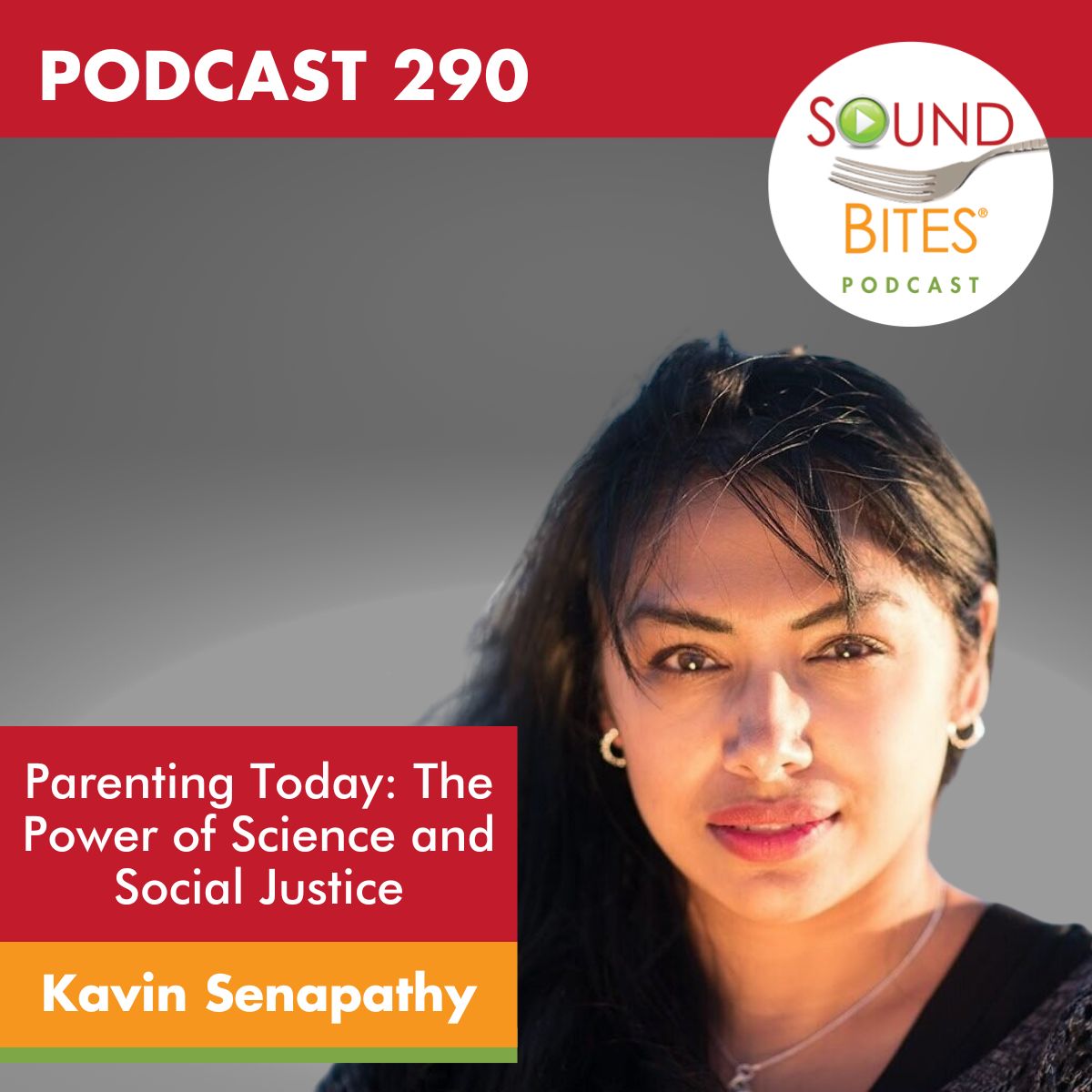
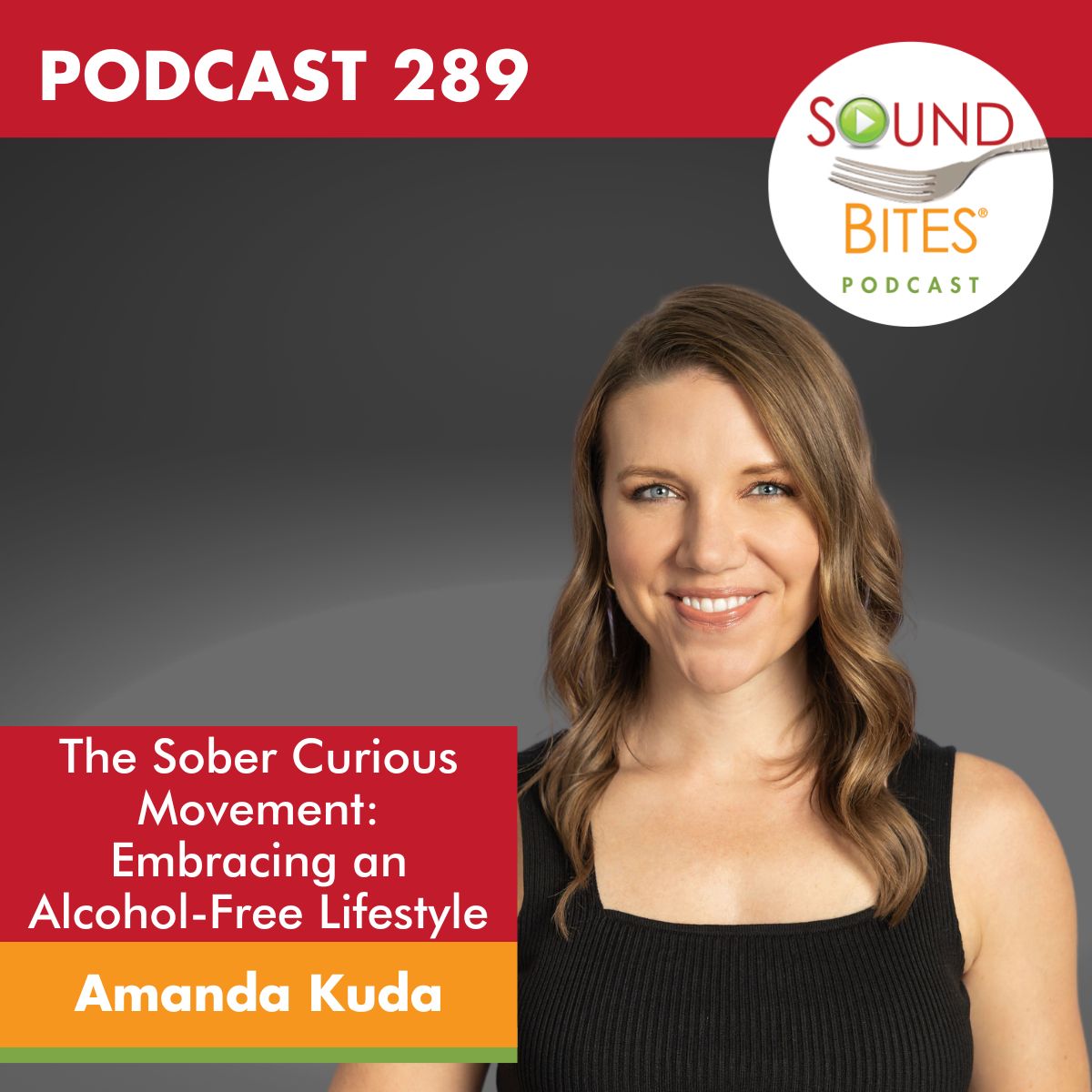
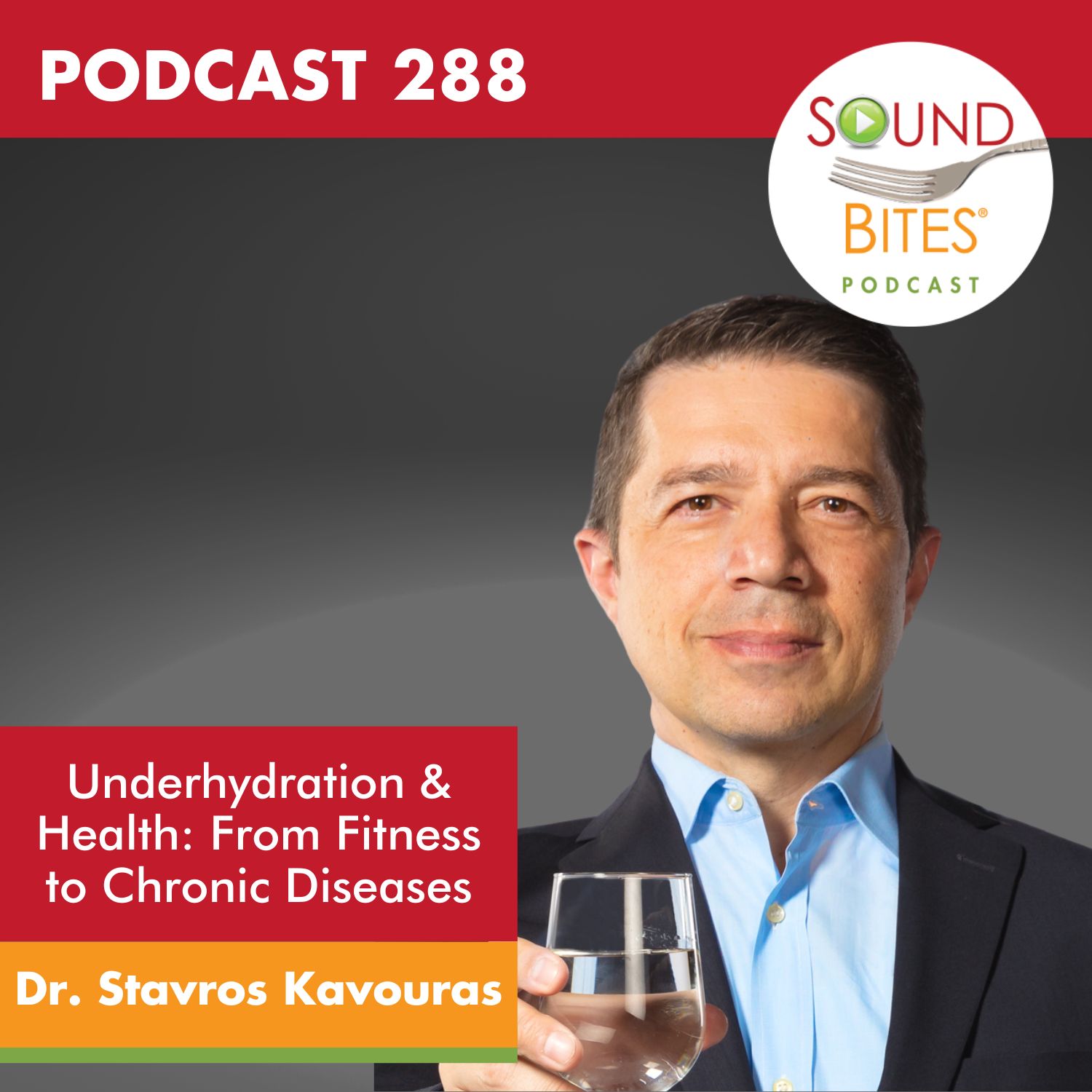
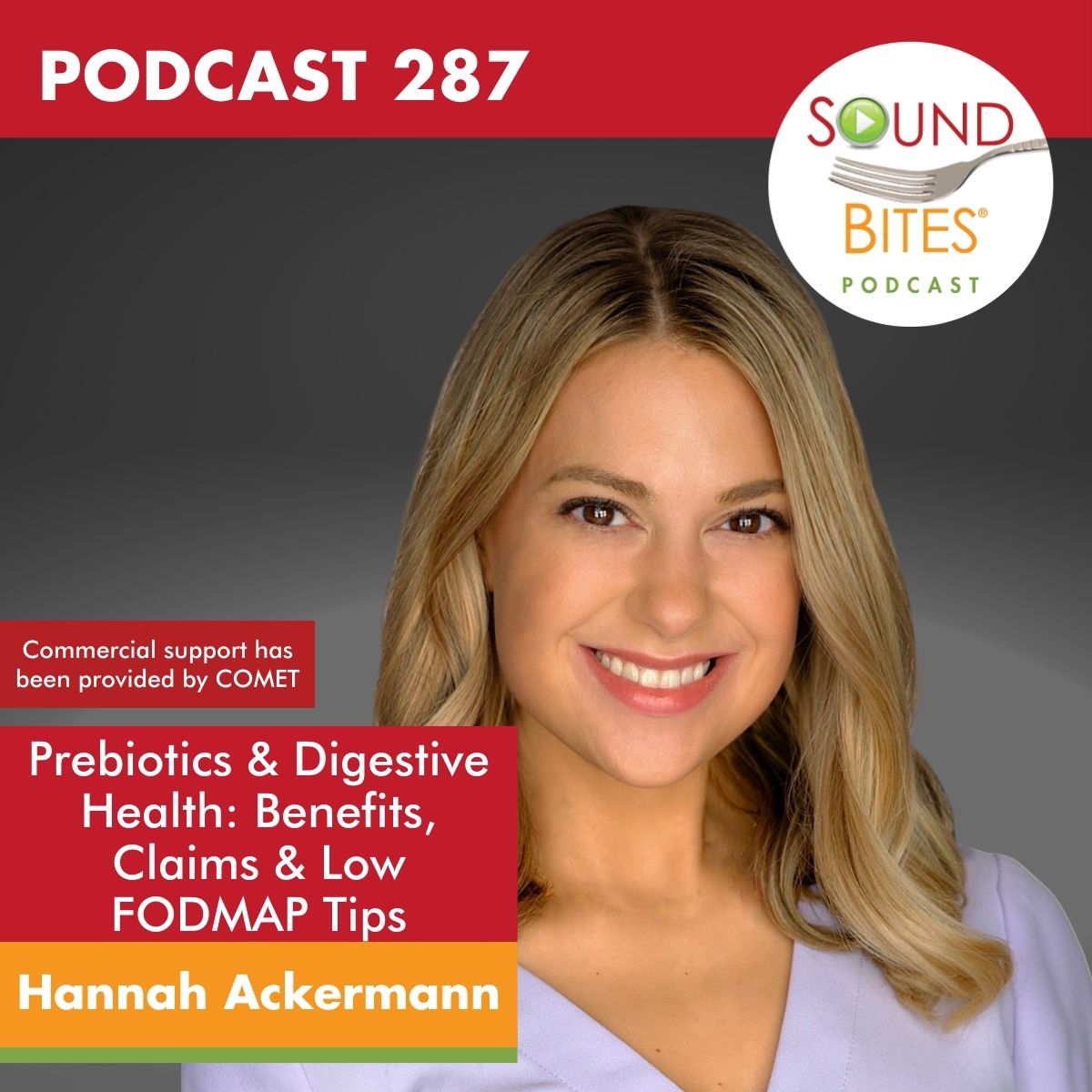
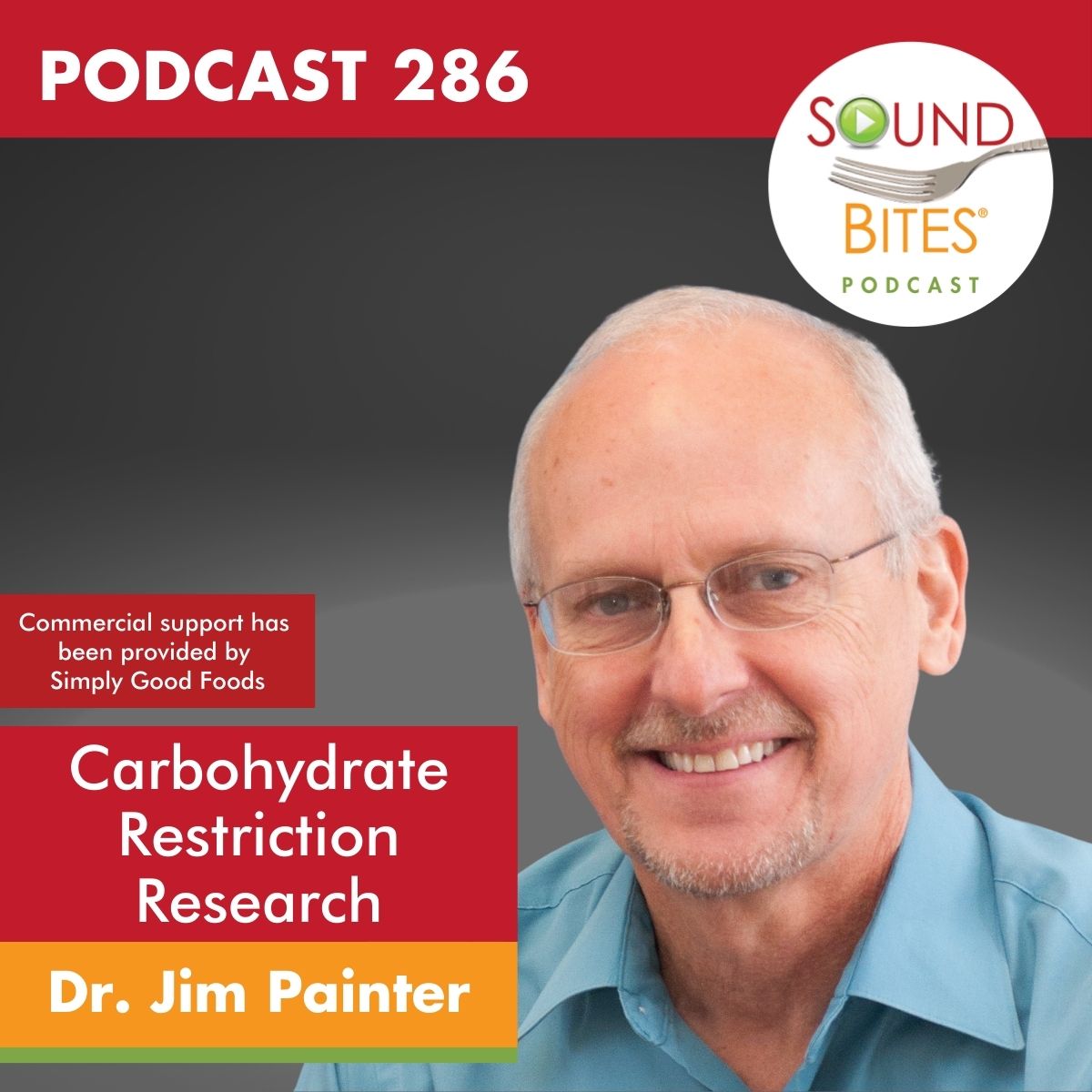

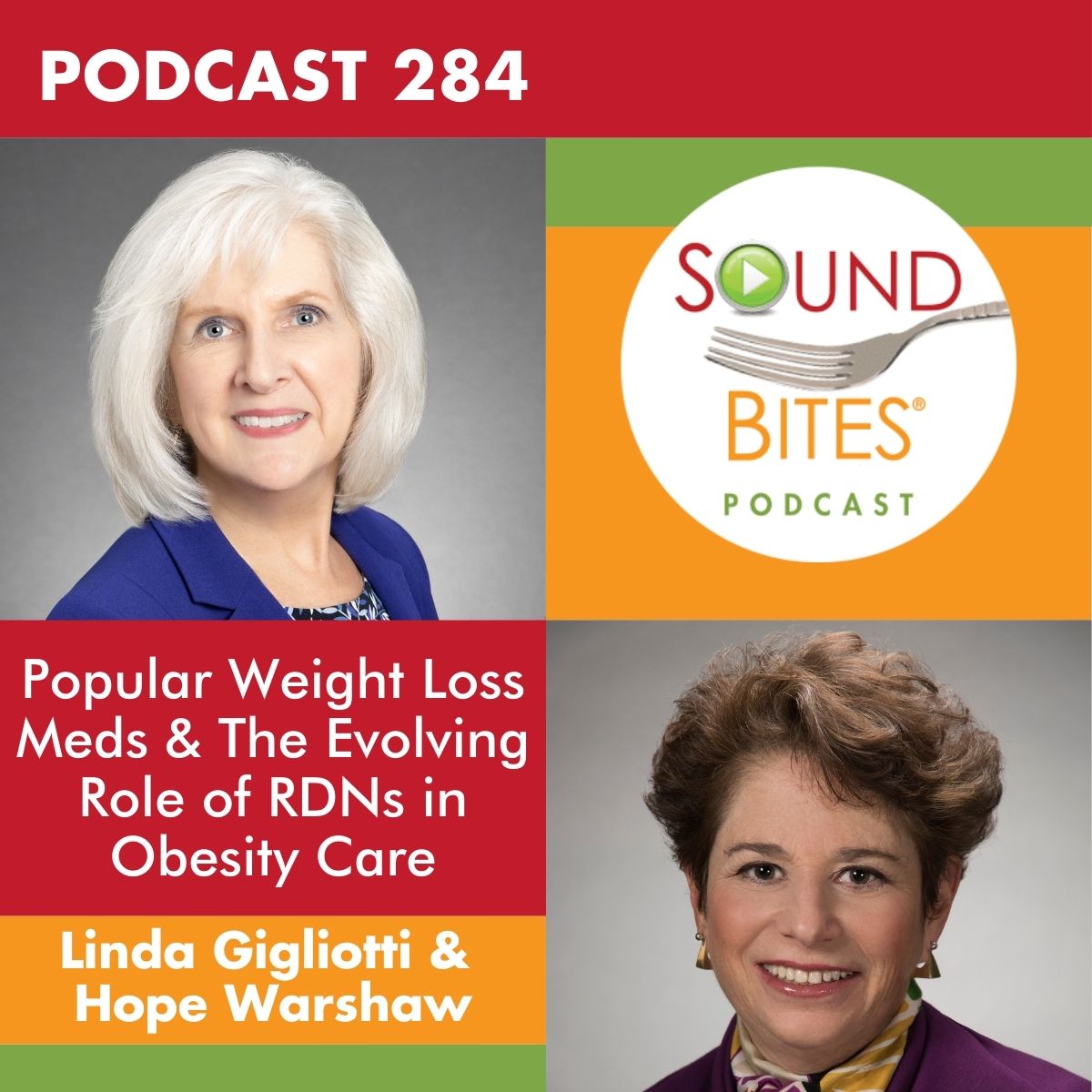
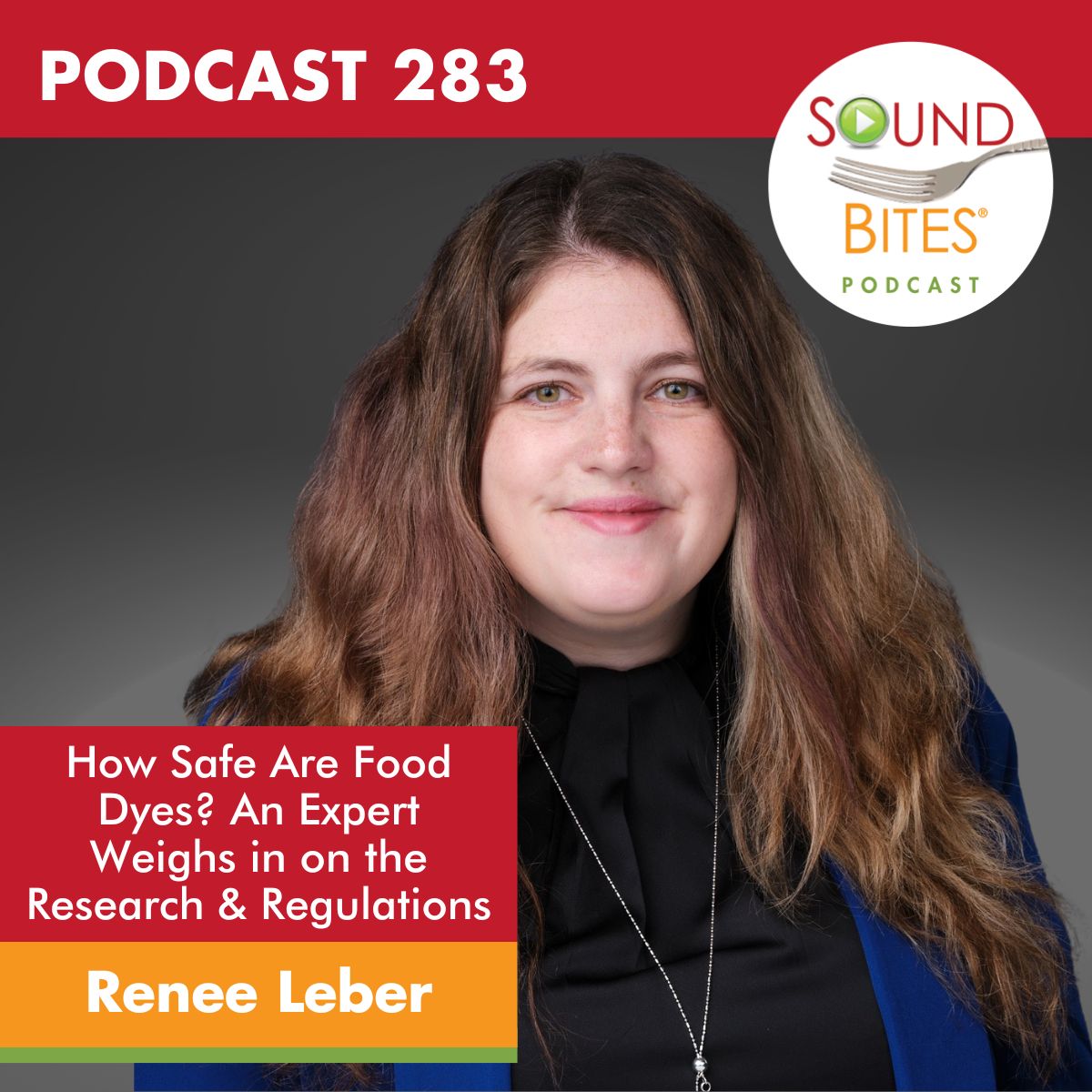
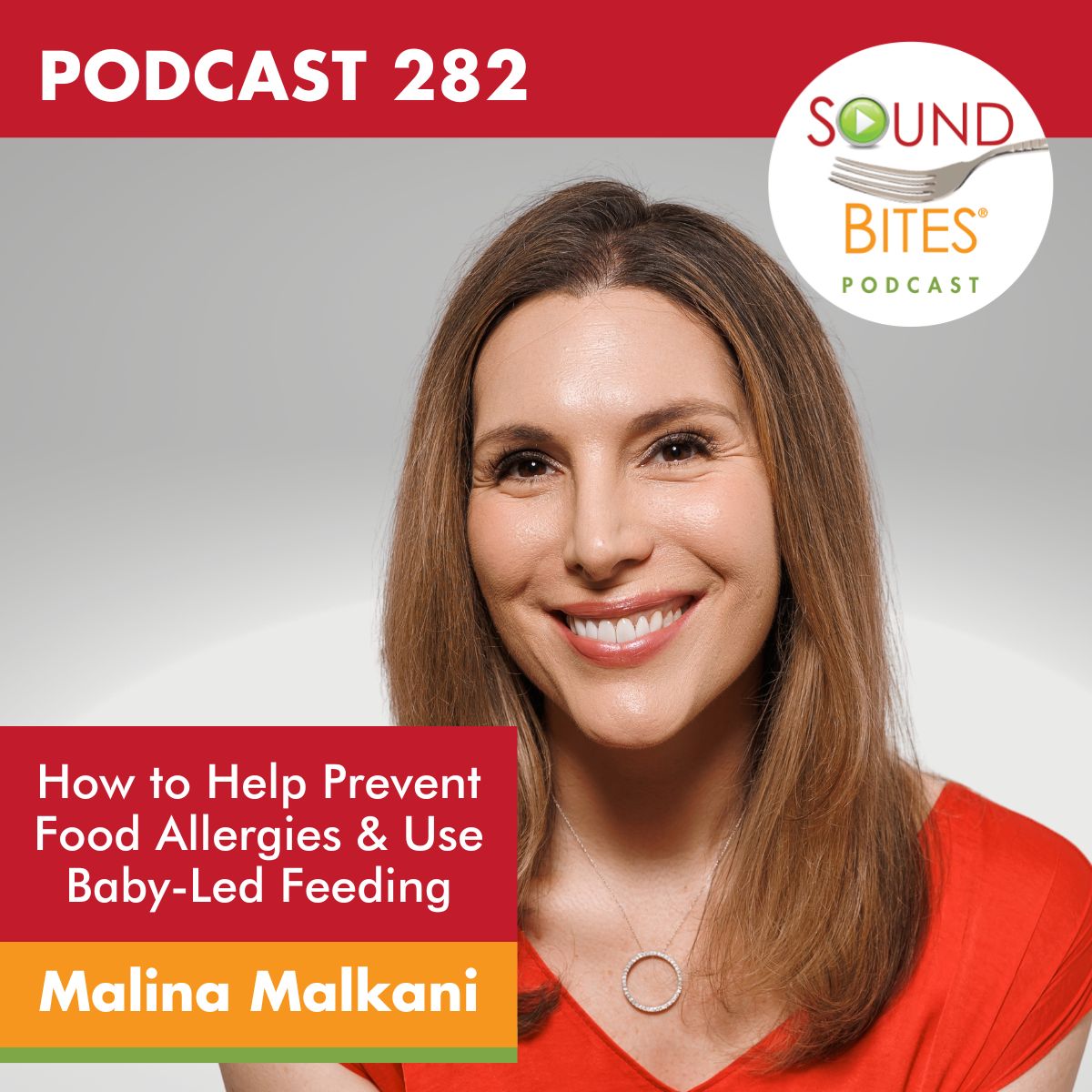
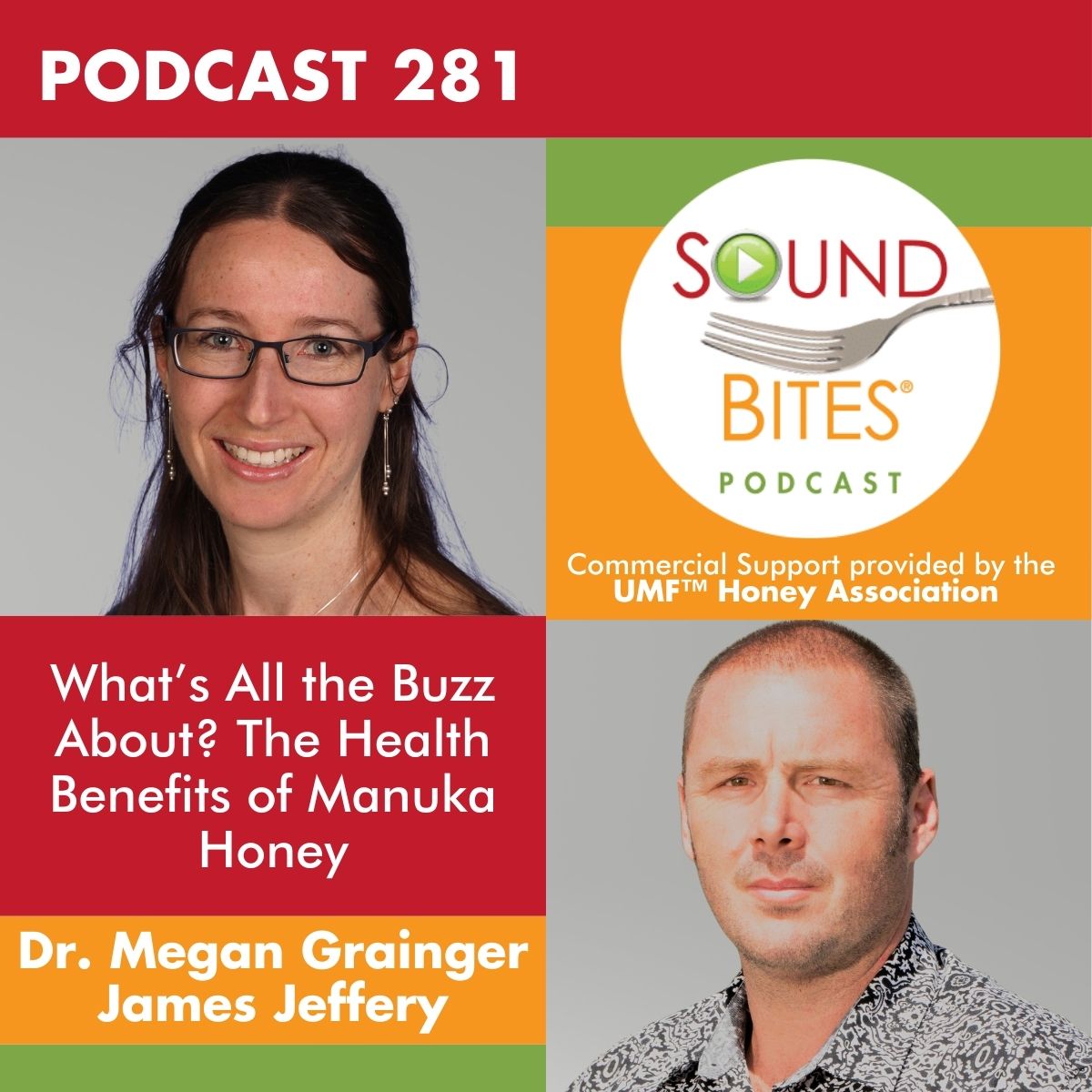


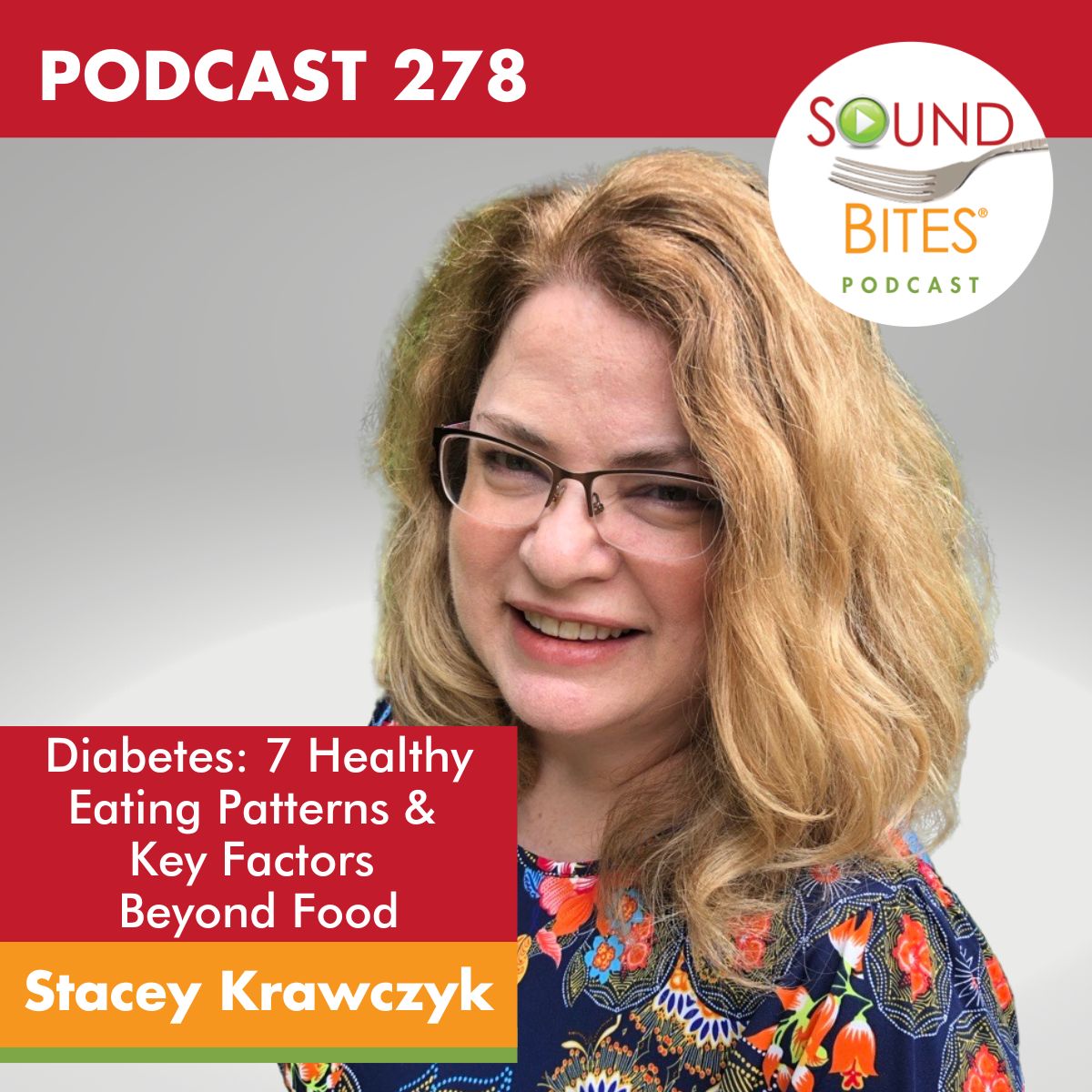
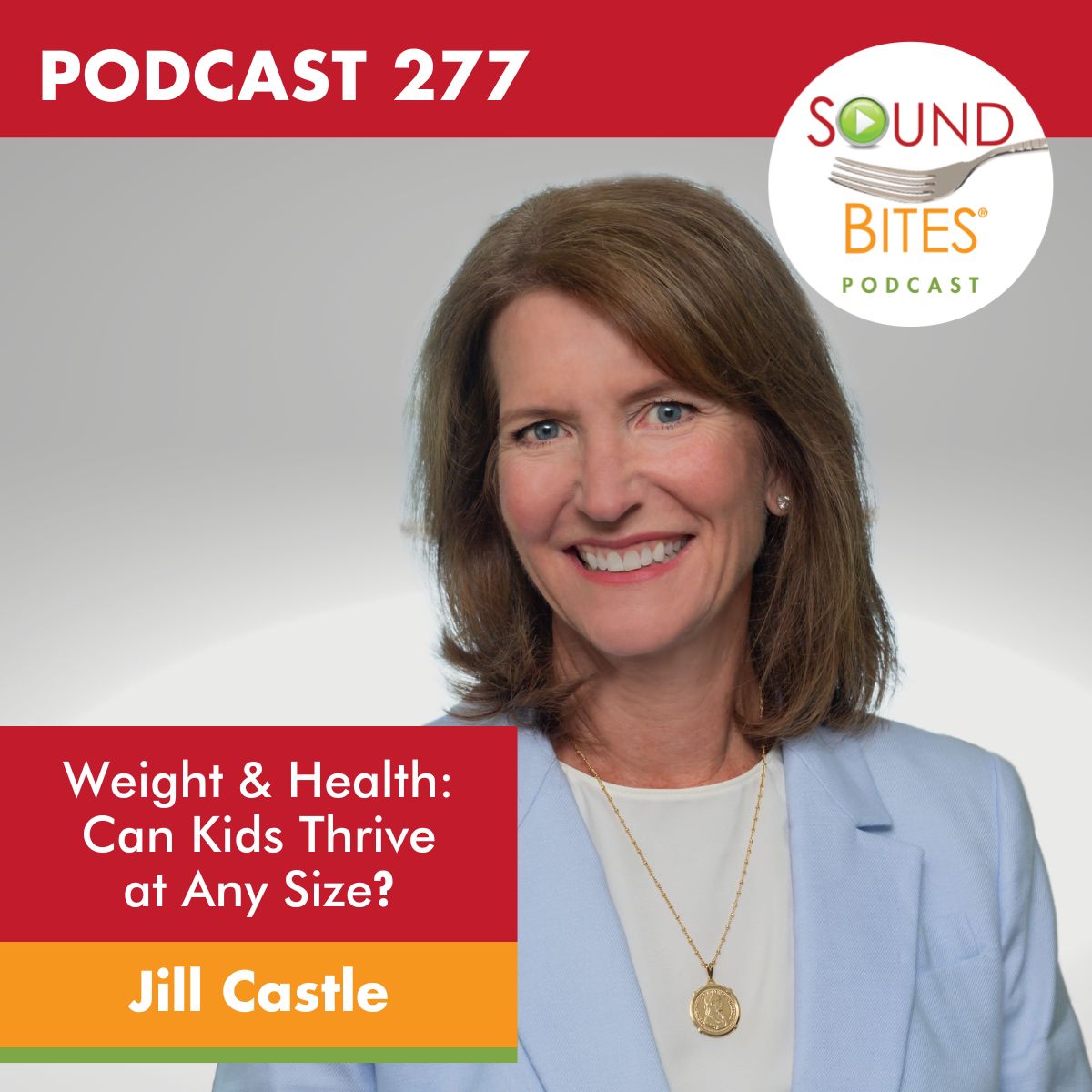
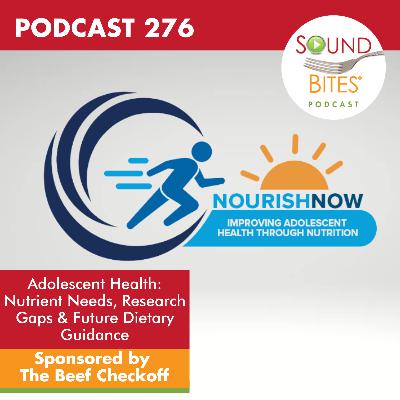



An inter-personal therapist may help a person deal with a variety of issues. Interpersonal therapy focuses on four main areas that may be problematic. During an opening session, the therapist may ask the patient about important relationships and recent events. The therapist may also ask about previous therapy experiences and personal medical histories. The therapist will then help the patient develop specific strategies for dealing with the challenge area. Examples of these strategies include grief, role transition, or a dispute.
Thanks for your podcast, it was helpful to read. Sites like https://neabigread.org/ can help you get more information about food and how best to use it now.
We at Adda247 school strive each day to provide you the best material across the online education industry. We consider your struggle as our motivation to work each day. At Adda247 you will get Online Videos for Classes 1- 12, with free class notes to refer to for revision while exams along with pdfs and articles related to your school exams. Stay tuned with Adda247 to know more about the latest information and updates. adda247.com/school
check my content on you loved this content
very nice...i am impressed with your content